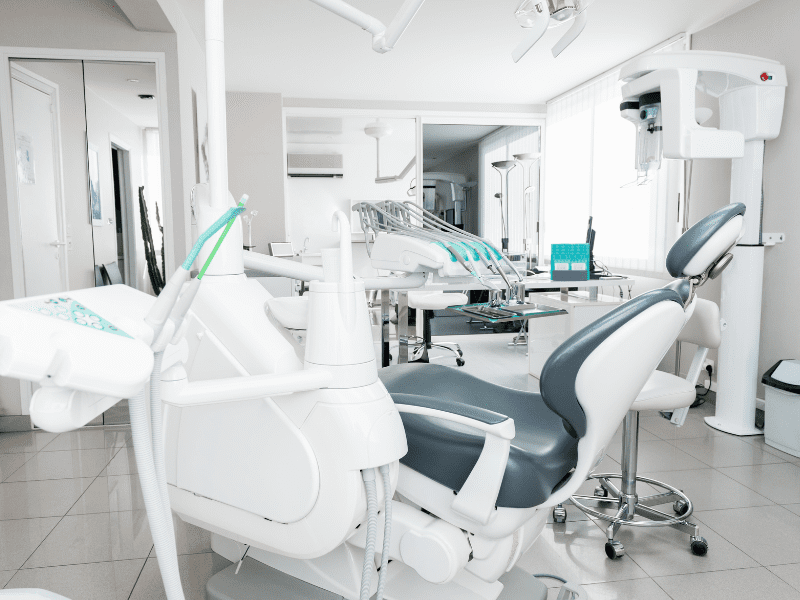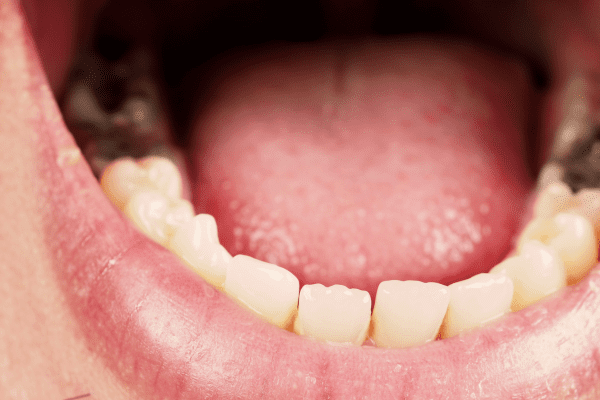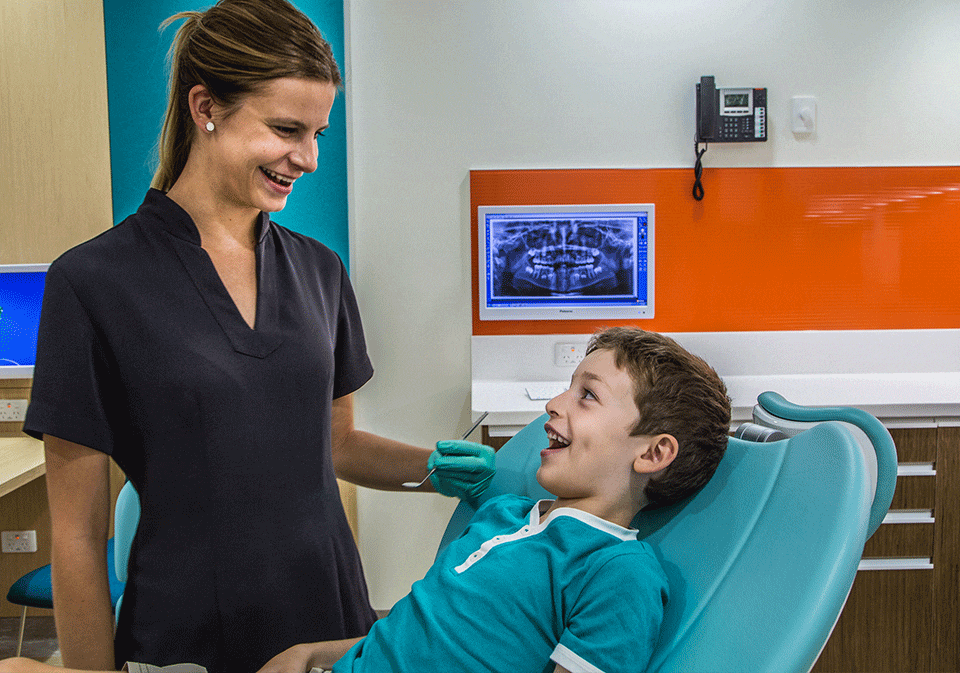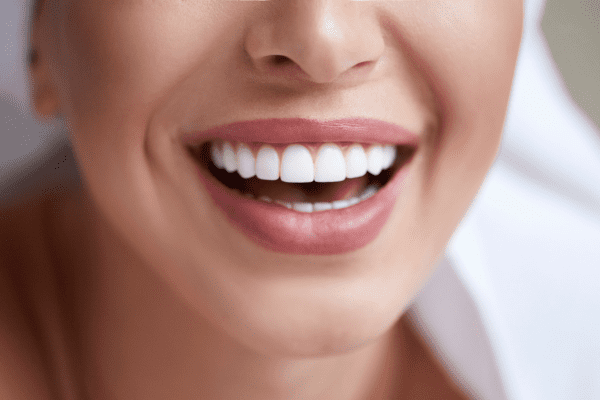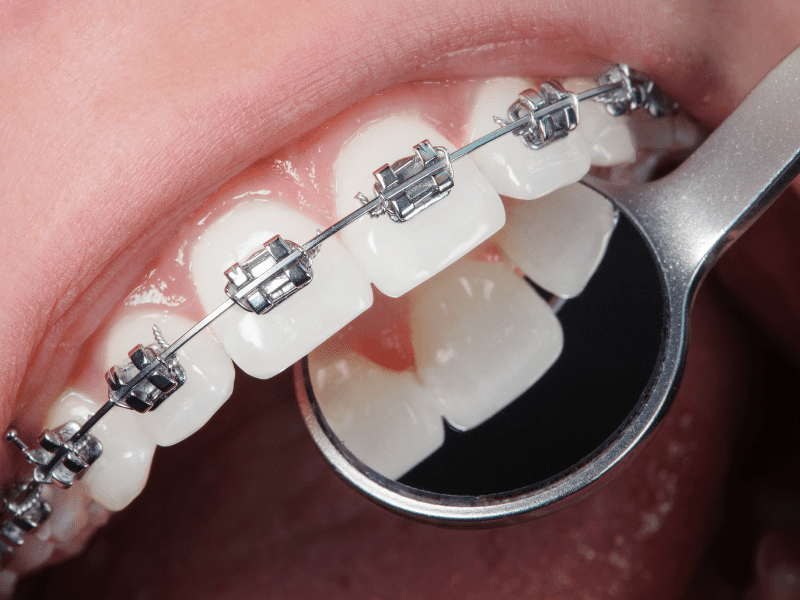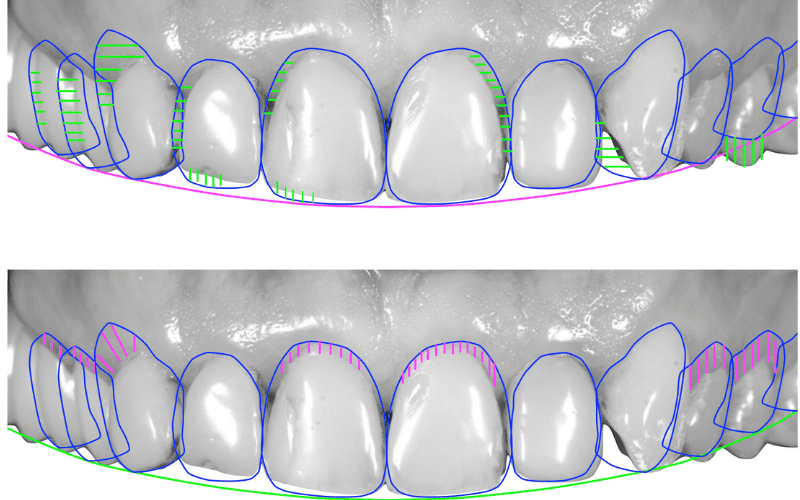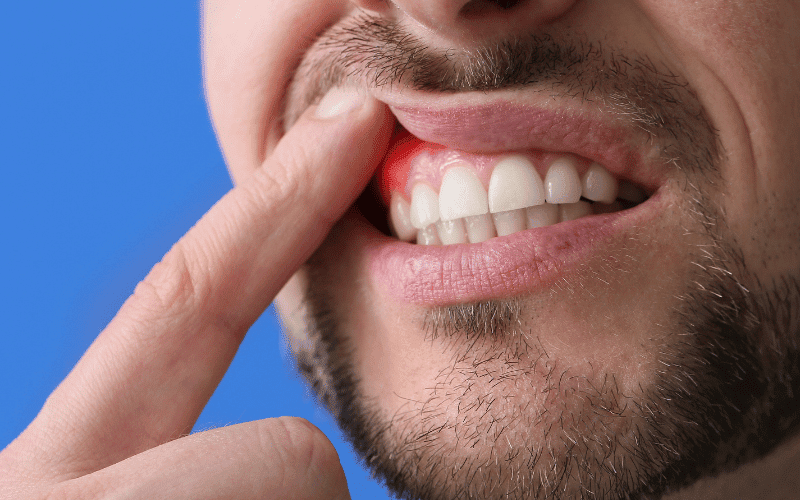In the quest for cheap dental care, many Australians consider dental tourism—travelling overseas for budget dental treatments. While the prospect of saving money is alluring, it’s important to weigh potential savings against the risks involved.
In this article, we outline the critical concerns related to dental tourism. We hope that, armed with this knowledge, you’ll be able to make a more informed decision. We also encourage you to consider the advantages of local dental care, such as the exceptional level of care provided by West Coast Dental Care at our Perth dental clinic.
The risks of dental tourism
As Australians contemplate dental tourism for enticing budget deals, they must also assess the potential risks. Below we delve into 7 concerns, including inconsistent treatment standards, aftercare challenges, risks of infection, communication barriers, limited legal protection, travel-related health risks, and hidden costs.
Varying standards of treatment quality
One of the most significant risks involved in dental tourism is the varying standards of treatment quality. While numerous overseas clinics offer good dental care, the standards are not universally high. When it comes to dental treatment, Perth based clinics are likely to offer a much higher level of treatment quality. Remember, not every country has stringent dental regulations in place to ensure the highest levels of service.
Firstly, issues may arise from inadequate sterilisation processes and outdated equipment, which can lead to complications during and after treatment. Secondly, the qualifications, skills, and experience of practitioners can vary greatly. This could result in treatment not being up to Australian standards, which could in turn lead to long-term dental problems.
Finally, the quality of materials used for treatments, such as fillings, crowns, or dental implants, may not meet Australian standards. This discrepancy can affect the durability of these installations and potentially lead to additional treatment being required prematurely.
West Coast Dental Care are the smile design Perth experts. Learn more about our comprehensive smile makeover service.
Challenges in aftercare and follow-ups
Proper aftercare, involving follow-ups, wound care, and medication management, is critical for the success of dental procedures, especially complex ones like implants or root canals. However, this becomes challenging with dental tourism.
Upon returning home, the overseas dentist isn’t available for immediate complications or necessary follow-ups. Australian dentists may hesitate or refuse to manage aftercare for overseas dental work due to potential liability concerns, especially if complications arise.
Furthermore, local dentists may lack specific details about the procedure, techniques, or materials used overseas. Language barriers or different medical record standards might further complicate the understanding of the provided records.
Therefore, Australians considering dental tourism must factor in these aftercare challenges. It’s crucial to have a detailed aftercare plan and understand that managing potential complications might not be as straightforward as with local treatment.
Divergent infection control standards
In Australia, dentists follow comprehensive infection control guidelines, involving strict instrument sterilisation, use of protective clothing, and regulated waste management. These measures are critical in preventing the spread of infections during dental procedures.
However, these high standards may not be uniformly observed in countries popular for dental tourism. There might be lapses in sterilisation processes, inconsistent use of protective wear, or substandard waste disposal methods.
These discrepancies can lead to increased infection risks, from local infections at the procedure site to severe diseases like hepatitis B, hepatitis C, or HIV. Australians contemplating dental tourism must consider these potential health risks carefully.
Communication barriers and misunderstandings
In the context of dental tourism, language and communication barriers can introduce a range of risks and complications. These challenges could potentially lead to misunderstandings, resulting in adverse impacts on the quality and safety of the dental treatment received.
Communication is a cornerstone of effective healthcare. It facilitates a comprehensive understanding of the patient’s medical history, allergies, and ongoing treatments. In a dental setting, understanding these details is crucial for assessing suitability for specific dental procedures, managing potential complications, and ensuring the overall safety of the patient.
If your overseas dentist or the clinic’s staff do not speak fluent English, it might be challenging to accurately convey your comprehensive medical history. Misinterpretations about allergies, existing medical conditions, or ongoing medications could lead to unsafe or unsuitable treatment plans.
Effective communication is also pivotal in helping patients understand the nature of their dental procedure. Has the dentist properly understood what type of aesthetics the patient is after – this is what smile design is all about – is there enough time to properly explore the relevant factors and details on the dental holiday – what if one gets a different result to what you were expecting?
Dentists need to explain what the procedure involves, the benefits, potential risks, and complications. If language barriers exist, patients might not fully understand these details, impacting their ability to give informed consent.
Furthermore, clear communication is integral to the post-treatment phase. Aftercare instructions, such as wound care, medication management, and dietary restrictions, need to be clearly communicated to ensure a smooth recovery and avoid potential complications. Misunderstandings due to language barriers could result in improper aftercare, potentially jeopardising the treatment’s success and the patient’s health. Very often, this damage is irreversible.
In some cases, clinics may provide translators or interpreters to bridge the language gap. However, the quality and accuracy of translation can vary. Translators may not always be well-versed in medical terminology, leading to potential misinterpretations.
Finally, language barriers can also pose challenges if complications arise after you’ve returned home. Communicating these issues to your overseas dentist might be difficult, and this could delay or complicate the management of these problems.
Limited legal recourse
In dental tourism, pursuing legal recourse after a problematic dental procedure can be a significant hurdle for Australians. Unlike Australia, many dental tourism destinations lack comprehensive patient protection laws. This could leave patients exposed in cases of malpractice or negligence.
Navigating foreign legal systems can be daunting due to language barriers, cultural differences, and unfamiliar legal processes. The cost of these international legal disputes can also be prohibitively high, including expenses such as international travel, translation services, legal consultation, and independent medical examinations.
Moreover, even if a patient wins a lawsuit overseas, enforcing the foreign judgement in Australia can be another complex and costly process. These challenges can turn an initially cost-effective solution into an emotionally and financially draining ordeal.
Travel-related risks
Travelling, especially after undergoing a significant dental procedure, carries its own set of potential risks that are important to consider. Some of these risks are directly related to the physical strain of travel, while others arise from exposure to unfamiliar environmental conditions.
Deep vein thrombosis (DVT) is one of the significant health concerns associated with long-haul travel, especially post-surgery. DVT is a condition where a blood clot forms in one of the body’s deep veins, typically in the leg. Sitting still for extended periods, such as during a long-haul flight, can increase the risk of DVT. This risk can be further heightened post-surgery, as the body’s normal clotting mechanisms can be overactive. If a clot becomes dislodged and travels to the lungs, it could cause a life-threatening condition known as a pulmonary embolism.
Another travel-related risk comes from exposure to unfamiliar food, water, and environmental conditions. In foreign countries, the hygiene standards and the pathogens present in the environment may be different from what your body is used to. Consuming local food and water could potentially expose you to bacteria or parasites causing illnesses like travellers’ diarrhoea. Falling ill can complicate your recovery process, especially if you have just undergone dental surgery.
Jet lag is another factor that can negatively impact your recovery process. The disruption to your body’s normal circadian rhythm can result in fatigue, insomnia, and even cognitive effects such as memory issues. This can hinder your body’s healing process and affect your ability to follow aftercare instructions correctly.
Furthermore, the general exertion from travel, coupled with inadequate rest, can put a strain on your body. This is particularly true if you’ve just undergone a significant dental procedure. Your body needs rest and optimal conditions to heal effectively. The physical stress from travelling, managing luggage, navigating through airports, and adjusting to new accommodations could interfere with your recovery.
Hidden costs
While the upfront costs of dental procedures may seem cheaper in foreign countries, there may be additional hidden costs that you need to consider. These could include travel expenses, accommodation, costs related to required recovery time in the destination country, and potential repeat visits for complex procedures. Additionally, potential costs related to correcting substandard work or managing complications once back in Australia can add significantly to the overall cost, making the treatment less economical than it initially appeared.
Why should patients opt to stay in Australia for dental work?
Choosing to have dental work done in Australia comes with several significant advantages:
- High standard of care: Australian dental professionals, like the team at West Coast Dental Care, adhere to strict regulations, ensuring top-quality, up-to-date, and ethical treatment.
- Infection control: Rigorous infection control guidelines in Australian dental clinics minimise the risk of infection.
- Effective communication: Opting to choose West Coast Dental Care’s services means there is no risk of communication barriers, meaning you will always have a complete understanding of procedures and aftercare.
- Accessible aftercare: Your local dentist is readily available for follow-ups and management of any complications, providing crucial continuity of care.
- Legal protection: Australian patient protection laws offer robust legal options if ever needed.
- No travel-related risks: Avoidance of risks like DVT, exposure to unfamiliar food and water, and recovery complications due to travel.
- Long-term relationship: A local dentist can provide personalised care over time, having an in-depth understanding of your dental history.
While dental tourism may seem cost-effective, the benefits of local dental care, including high-quality treatment, robust aftercare, and legal protection, offer long-term value.
Conclusion
While dental tourism offers attractive cost savings, the potential risks—from varying treatment standards to hidden costs—can make it a risky venture. Choosing a local provider like West Coast Dental Care ensures quality, accessible care and robust legal protection, minus the travel-related risks.
Your health shouldn’t be compromised for cost savings. Before opting for overseas dental work, consider the value, quality, and safety of the options available at home with West Coast Dental Care. Get in touch or book online today.

